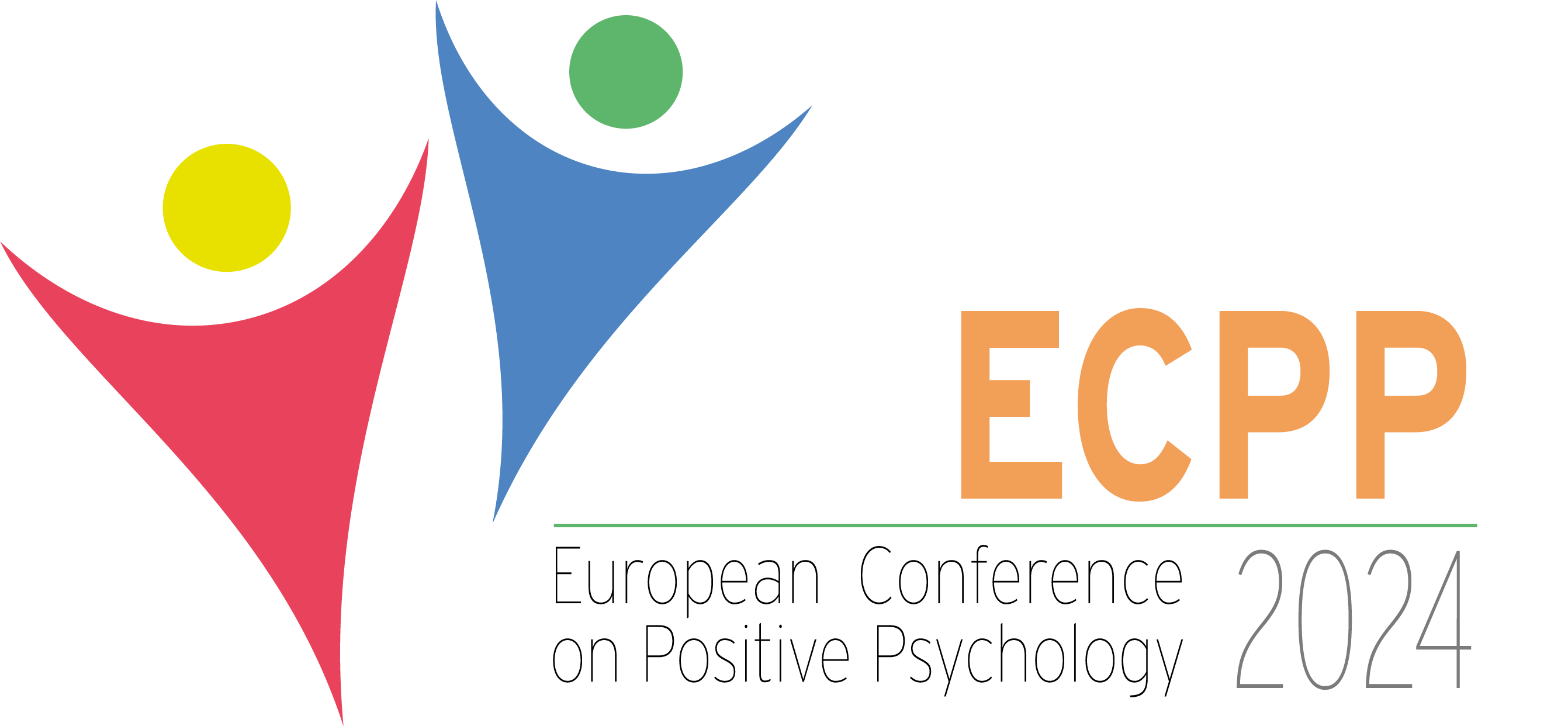Michael Ungar
Diagnosing, Nurturing and Maintaining Resilience: Tools for Positive Development in Stressed Environments
With growing interest in resilience among mental health care providers, there is a need for an effective way to think about the complex interactions that predict which children, youth and adults will do well despite the seriousness of the challenges they face. A focus on resilience helps us to understand individual adaptive and maladaptive coping strategies, as well as the nature of the social and physical ecologies that facilitate processes associated with resilience. Using case examples of young people and adults who have been exposed to high levels of adversity such as family violence, mental illness, natural disasters, forced migration, poverty, racism and other types of social marginalization, Dr. Ungar will show how we can ‘diagnose’ resilience and use that assessment to guide practice. He will demonstrate how thinking about resilience places clinicians in a better position to design practical interventions that are sensitive to the individual, family, and community factors that influence wellbeing. Twelve factors common to successful coping under adversity and avoiding problems like depression, PTSD, and delinquency will be discussed. This presentation will also present tools that can be used in clinical practice to change people’s social and physical environments in ways that make resilience much more likely to occur.
About Michael Unger
Michael Ungar, PhD, is the founder and Director of the Resilience Research Centre at Dalhousie University where he holds the Canada Research Chair in Child, Family and Community Resilience. In 2022, Dr. Ungar was ranked the number one Social Work scholar in the world in recognition of his ground-breaking work as a family therapist and resilience researcher. That work has influenced the way human development and organizational processes are understood and studied globally, with much of Dr. Ungar’s clinical work and scholarship focused on the resilience of marginalized children and families, and adult populations experiencing mental health challenges at home and in the workplace. In addition to providing consultation to international NGOs like the Red Cross and Save the Children, government agencies in more than a dozen low, middle, and high income countries, and educational institutions at all levels of study, Dr. Ungar’s research has also influenced the HR and corporate social responsibility initiatives of Fortune 500 companies like Unilever, DHL and Cigna. Dr. Ungar’s work emphasizes how to use the theory of resilience to increase both individual and institutional agility during crises, with numerous organizations having adopted his concept of resilience as a negotiated process that enhances wellbeing and social responsibility. He is the author of over 250 peer reviewed articles and book chapters and 17 books. His blog, Nurturing Resilience, can be read on Psychology Today’s website.

